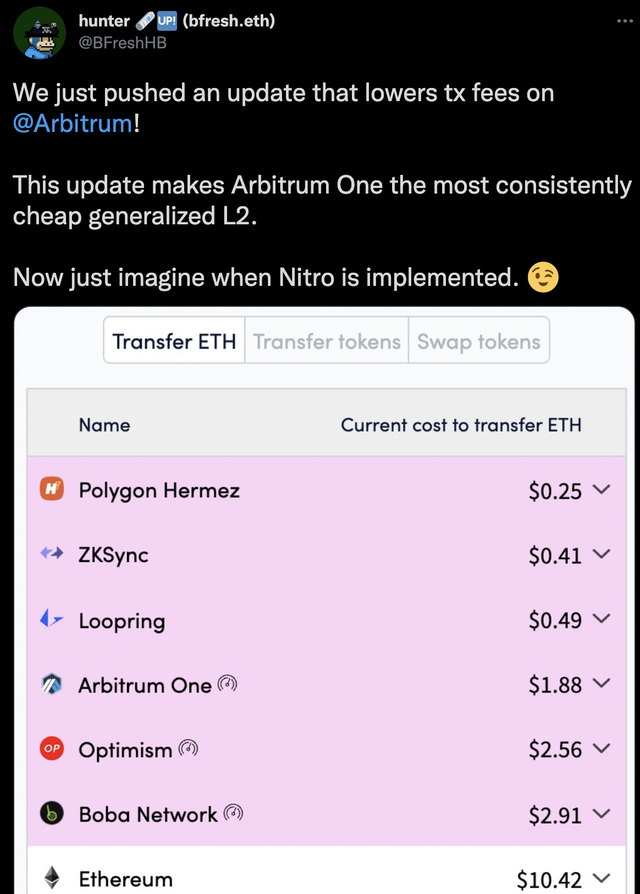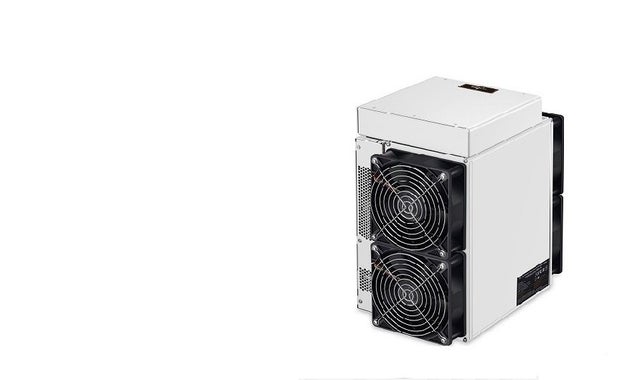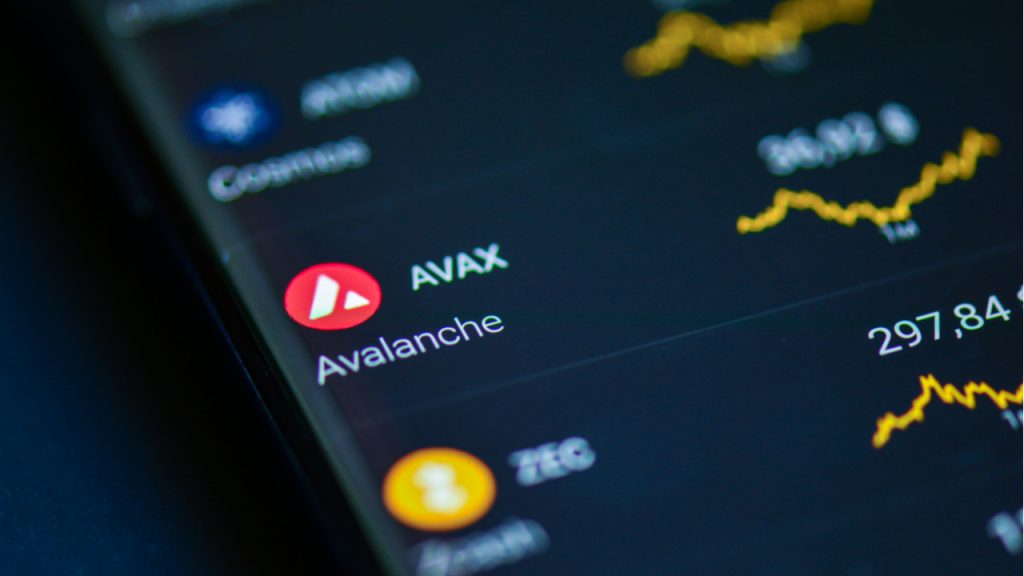The past few days may have weakened the image of Solana (SOL). High levels of network congestion brought a new outage to the network and SOL fell the hardest amongst the top 20 cryptocurrencies amidst the market crash. Here’s What Happened Last week, it was reported that Solana’s network was clogged, resulting in many failing transactions and DeFi users not being able to adjust their collateral positions to reflect the new valuation of the coin amidst the crypto market fall. In a Solana blog post, the team explained that the incident experienced by validators was due to excessive duplicate transactions sent by bots and “related to issues previously identified that engineers have been working to improve and resolve”. This is not the first outage for the Solana network. The 18-hour network outage in September 2021 caused by heavy transaction traffic remains the harshest one. And just this month, this has been the second, following an outage on January 4. Related Reading | Algorand, Solana, And More Lead List Of Biggest Losing Altcoins Liquidated Solana Users The DeFi lending protocol built on Solana, Solend, stated that the market crash “caused many accounts to become liquidatable and created many profitable arbitrage opportunities.” SOL price dramatically plummeted as the whole crypto market tumbled, thus users with collateral needed to increase their position in order to not have their assets liquidated. Position liquidators receive a bounty from liquidated positions, so when scenarios like this happen they “race to close eligible positions”, as Laine the blockchain business that operates validators on Solana explained. This is the reason behind bots, created to help liquidators win the race, but for this, “they submit the same transaction dozens or hundreds of times”. This turns into a mass of duplicated transactions that need to be verified by validators. There was a massive quantity of attempts by Solend users trying to deposit and repay to avoid liquidations, but all they met was network congestion. “This large load caused validators to falter, especially since they were not filtering out duplicate transactions optimally, wasting precious compute. The thousands of duplicate bot transactions also drowned out legitimate user transactions.” Solend further stated, “In addition, there was some erroneous volatility on the Pyth price feed, which caused wrongful liquidations (e.g. some users supplying mSOL and borrowing SOL were liquidated due to prices moving out of sync).” Solend later announced that they are working to reconcile problems encountered by users. The platform will “Reimburse 100% of the penalty for users liquidated due to abnormal volatility on the SOL feed” and “Reimburse 50% of the penalty for other liquidations.” SOL Price Tanked SOL is now down 42% in the last week and decreased dramatically from $144 on early Thursday to around $80 on Monday. It has now recovered slightly to $92,42 at the time of writing. Consequently, SOL lost its position as the 7th-largest coin to XRP, and overall saw the deepest pool of blood among the top 20 cryptocurrencies, with many users left wondering if their network is worth the risk. Related Reading | Solana Could Flip Ethereum To Become “Visa Of Crypto,” New Study By Bank Of America Shows What’s Next For SOL? Solana released the v1.8.14 update to “mitigate the worst effects of this issue” and alleged that “engineers have been working to improve and resolve” the issues related to network congestion starting with the 1.8 release. More updates to implement v1.9 are expected over the following 8 to 12 weeks. “These forthcoming releases are aimed at improving the state of the network, with more improvements expected to roll out in the next 8-12 weeks. Many of these features are currently live on Testnet, where they are being rigorously tested.” Many users didn’t find relief in the answers from the Solana-supporter CEOs and its co-founder Anatoly Yakovenko and called them out for allegedly doing false claims and dishonest wordplay. The network might be in a key point for its future growth. The new updates need to scale with the demand and provide trust to the disappointed users.





